Although 20% of Americans experience some hearing loss, the lion’s share of them do nothing about it. At least one reason, we suspect, lies in the lack of knowledge regarding hearing loss treatment options. Among the most common of these options are hearing aids, devices that help the body’s natural hearing system pick up and interpret sounds]. But how does one use hearing aids? How well do these devices work? You can learn about all these subjects—and more—at ENT & Facial Plastic Surgery Specialists of Shady Grove.
Below, we outline some of the critical facts regarding hearing aids and their usage:
How Hearing Aids Function
First, let’s clarify some fundamentals: a standard hearing aid is defined as any unobtrusive electronic device that amplifies certain sounds worn in or behind the ear. The instrument helps the wearer perceive sounds they would otherwise struggle to hear. Moreover, these devices can assist wearers in quiet and noisy environments.
Adjusting to Hearing Aids
Similar to new glasses, new hearing aids require an adjustment period for users. Yet that period’s length differs between individuals. Someone who has lived with significant hearing loss for a while will have to adapt to the full range of sounds. This natural process occurs due to prolonged auditory deprivation.
Many new users find their first experiences with music through hearing aids unpleasant. The reason is that the devices’ primary purpose is amplifying speech and spoken communication. So, work with your hearing care provider to create custom settings for music.
Additional Side Effects
Besides the adjustment period, you should experience no side effects after starting with hearing aids. Report any pain, soreness, or bleeding to your doctor immediately—hearing aids are adjustable for every wearer. Additionally, reach out if everyday sounds, like a door closing or an engine revving, cause you pain.
Hearing Accuracy (Before and After Adjustment)
As with many things, manage your expectations for hearing aids. They cannot deliver perfect hearing capabilities—nothing can. Not to mention, people without hearing aids still struggle to perceive sounds in many situations.
You can boost your hearing accuracy by wearing the aids as much as possible (outside of sleeping, showering, and other activities as directed by your doctor). Doing so will help you become and remain familiar with their capabilities. Moreover, reduced hearing capacity may result in cognitive decline. Fight this outcome by wearing your aids.
Benefits besides Hearing Improvement

As the link between hearing loss and cognition suggests, hearing aids can improve your overall health and wellness. For instance, improved hearing can help you avoid collisions and objects, thereby preventing injuries. Improved hearing also boosts mood and strengthens relationships by facilitating more intimate emotional interactions and awareness.
Differences between Hearing Aid Types
To round out this list, we’ll address common questions regarding differences between hearing aids. First, different models and styles of hearing aids exist, the most popular of which sits behind the ear. However, in-ear varieties are available as well.
Additionally, some aids come with rechargeable batteries while others use replaceable ones. Your hearing aid type will determine the maintenance it requires, though your doctor should provide all relevant details. Take care of your hearing aids, and they will continue functioning at their highest level.
Hearing Loss Treatment Available for DC Metropolitan Residents
ENT & Facial Plastic Surgery Specialists of Shady Grove has offered high-quality hearing loss treatment care to the DC Metropolitan region for over 4 decades. We want to provide the options our customers seek in a warm, friendly environment that supports and encourages their decisions. Moreover, the specialists on our team all possess strong backgrounds in their respective fields to help you feel comfortable with their advice and care. You can schedule a hearing services appointment with us today by calling (301) 315-5888 or visiting our website.





